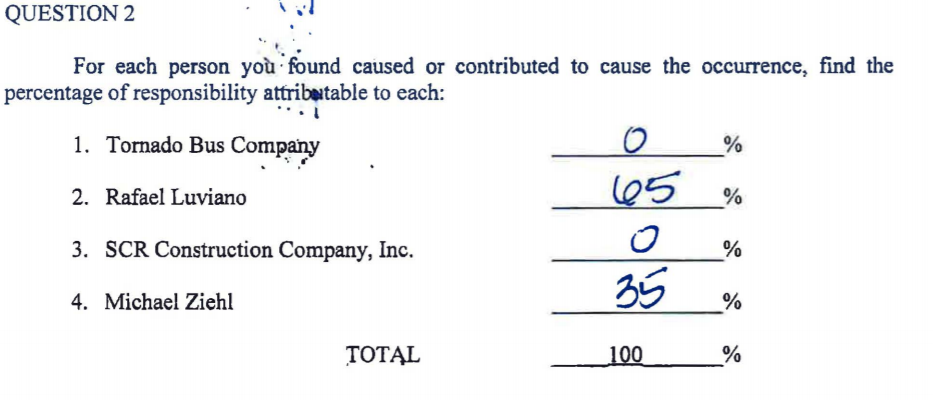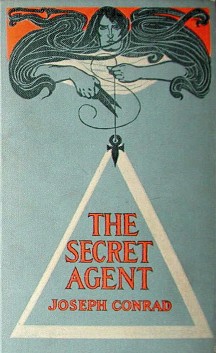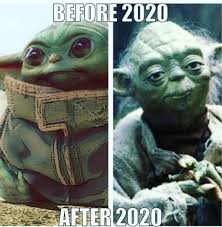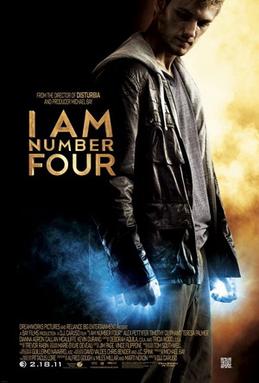- In an 11-1 en banc decision written by Justice Osborne, the Fifth Court granted mandamus relief, allowing Ken Paxton to be named as a responsible third party in a securities-fraud case.
- A dissent by Justice Schenck (the lone Republican, as Justice Myers did not participate) argued that specialized comparative-fault schemes under other relevant statutes should control rather than the general comparative-fault statute.
- A concurrence by Justice Smith expressed frustration at the present rules and practices governing the sealing of court records.
In re: Cook, No. 05-20-00205-CV (April 28, 2021). (A big 600 Commerce shoutout to my friend Ben Taylor for his able assistance in reviewing these opinions).











